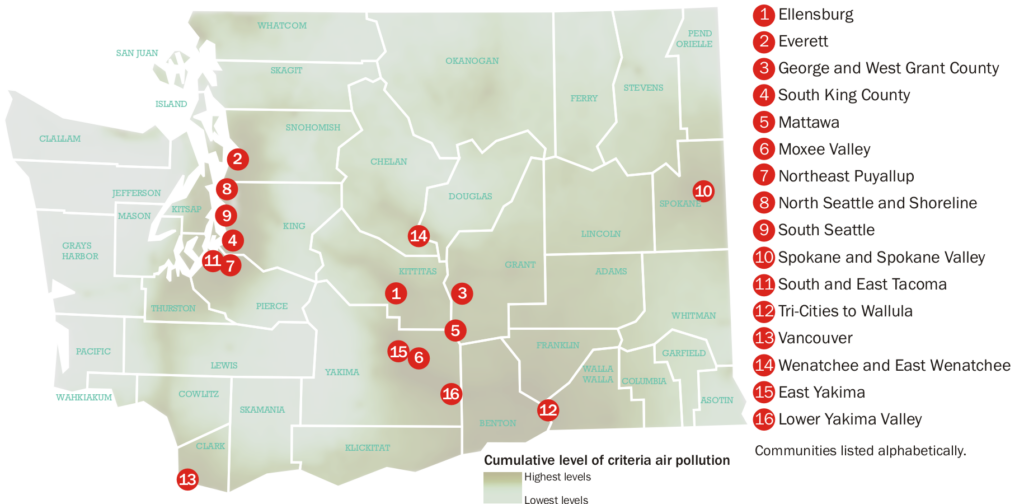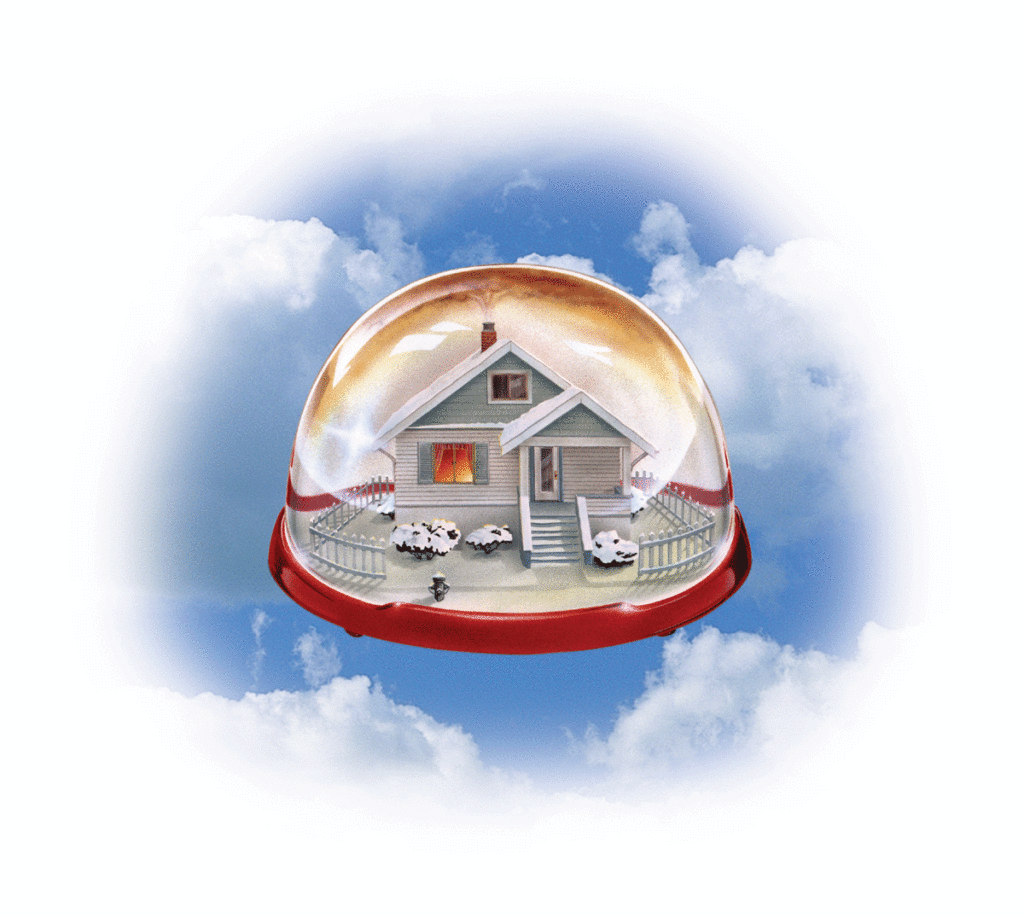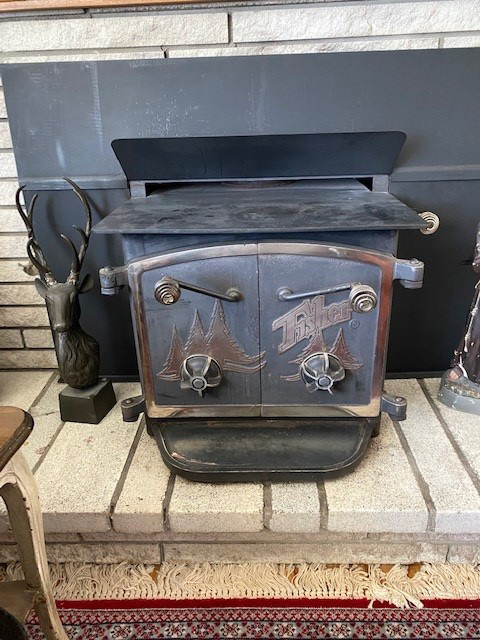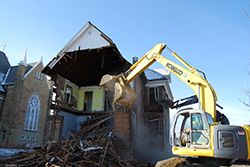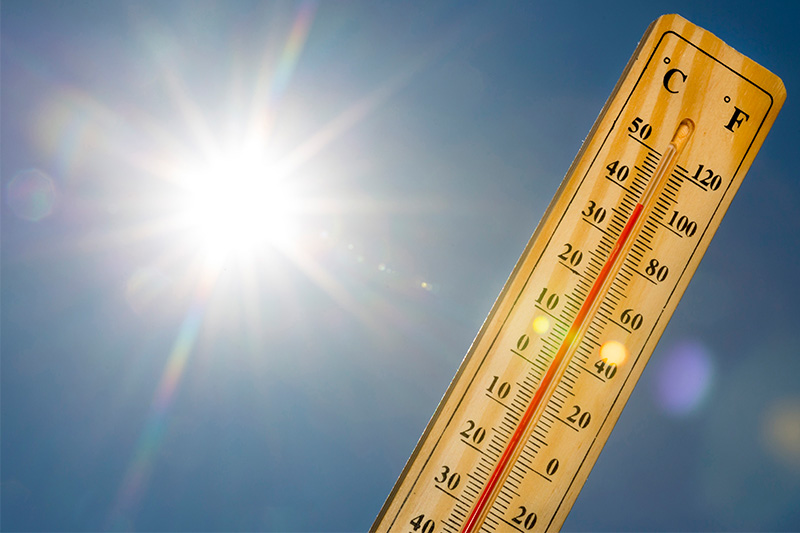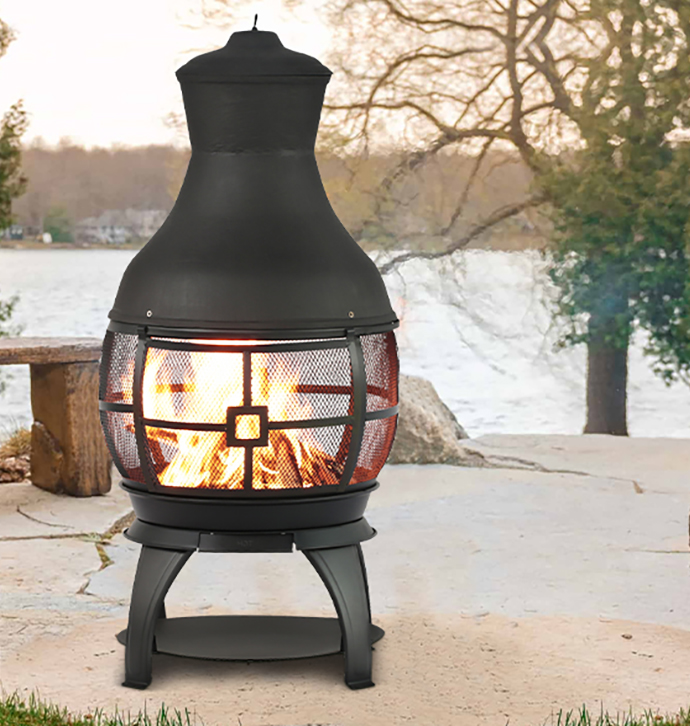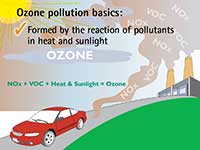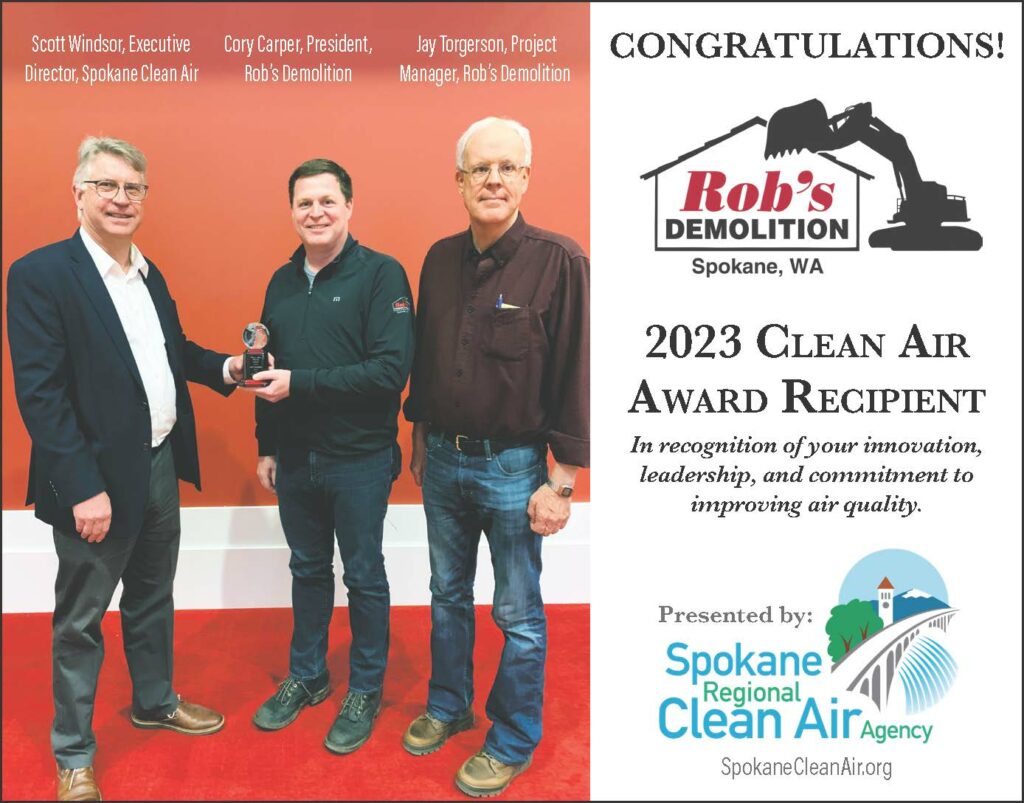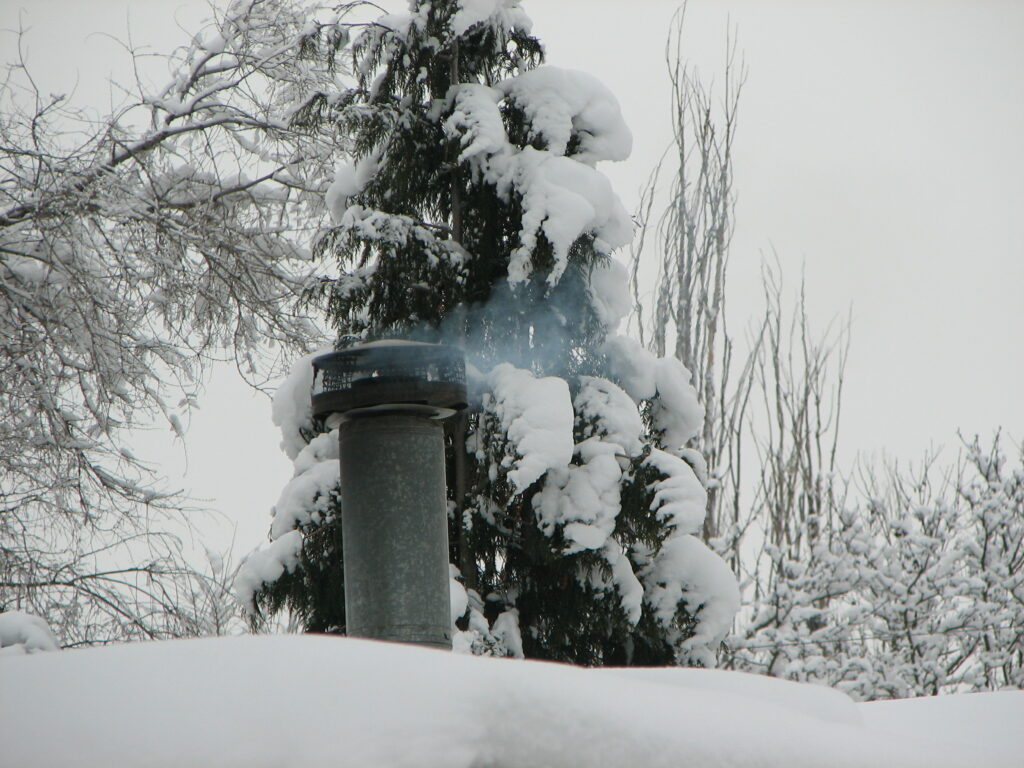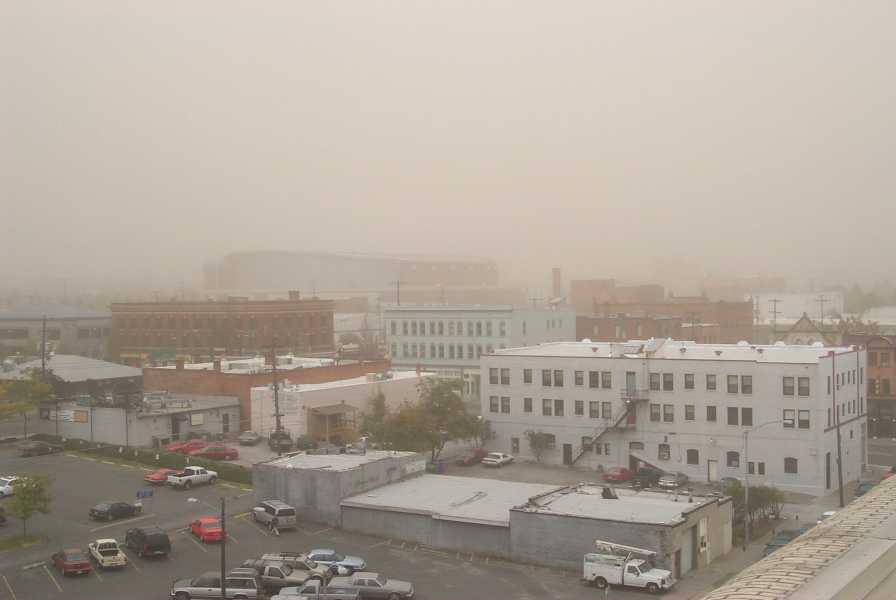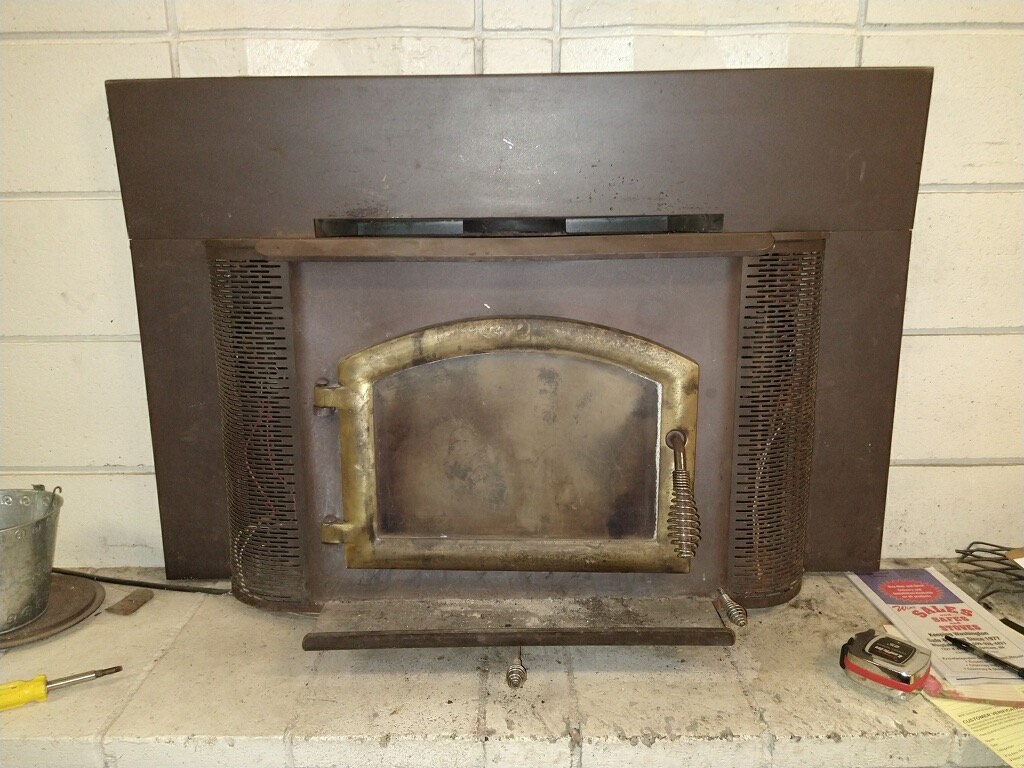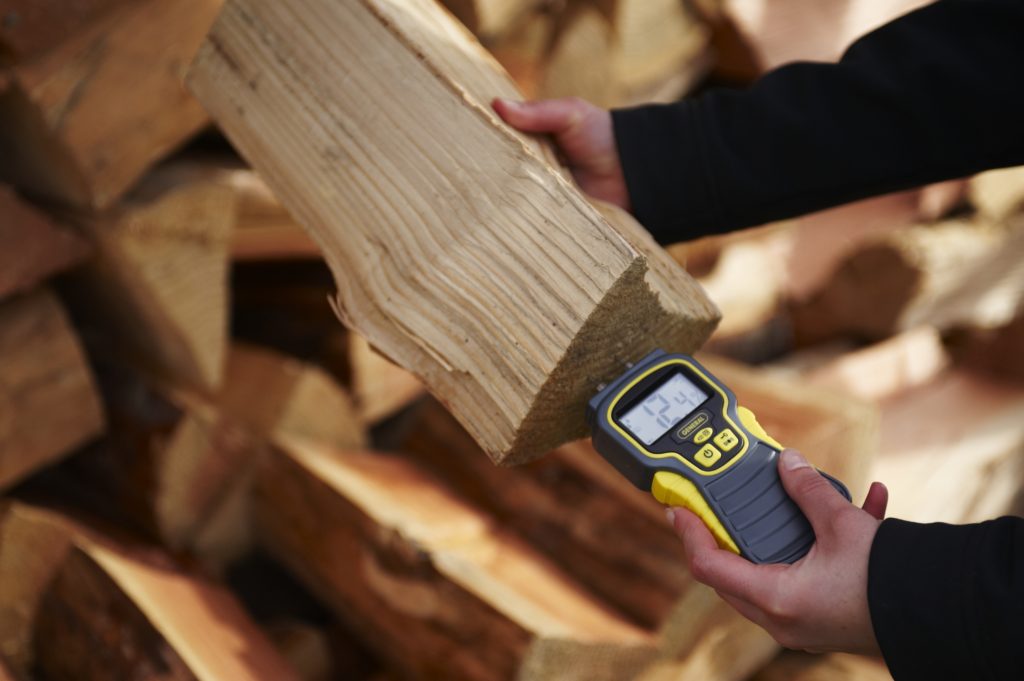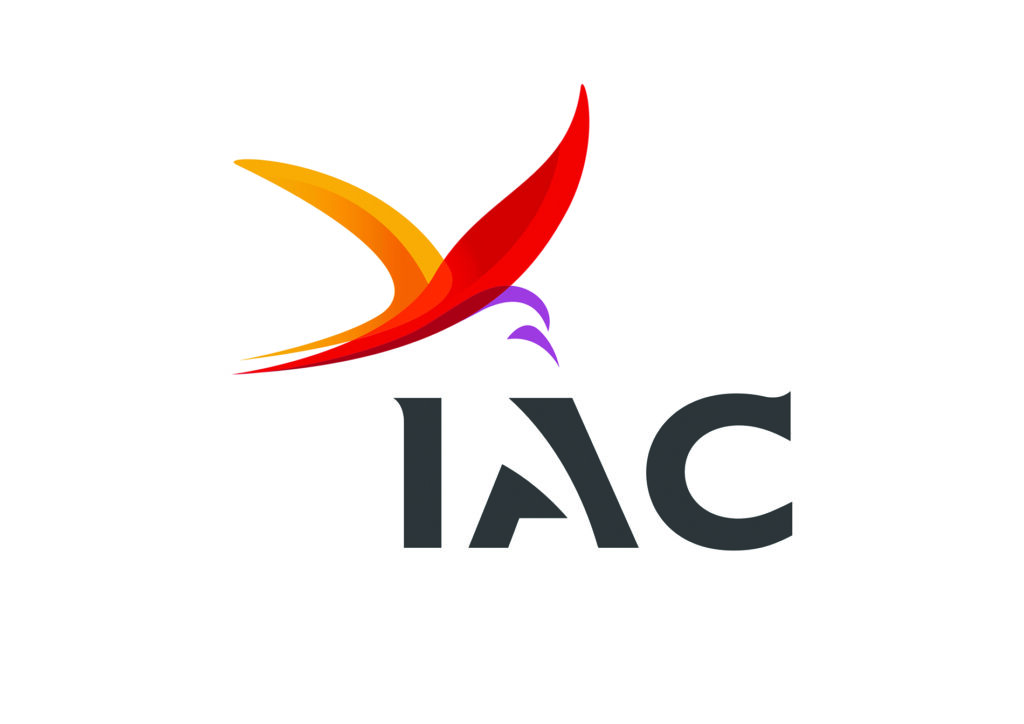
Spokane, WA – International Aerospace Coatings (IAC) was presented with the 2024 Clean Air Award for their Spokane facility at an awards ceremony held earlier today, announced the Spokane Regional Clean Air Agency (Spokane Clean Air).
“Spokane Clean Air is recognizing IAC for their exemplary work to reduce emissions at their Spokane facility, where approximately 150 aircraft are painted each year in an enormous hangar near Spokane International Airport,” stated Scott Windsor, executive director of Spokane Clean Air.
IAC opened its Spokane facility in 2010. To reduce emissions to the greatest extent possible, they operate a three-filter bank system. The system is designed to reduce paint overspray while allowing for the required airflow. Each filter is the size of an entire aircraft hangar wall.
IAC’s Environmental & Facilities Manager, Buck Spurger, said this about the Spokane facility, “We nurture a culture of paying attention to detail and we are vigilant in maintaining our equipment. Our record keeping, control equipment maintenance, and collaborative compliance efforts are the epitome of a responsible surface coating operation.”
IAC avoids using paint strippers that contain chlorinated solvents where alternative paint strippers are acceptable to their customers. They implement environmental management resources as a priority. They control hazardous materials on site with approved waste contractors to ensure that all waste paint and solvents are recycled.
Other efforts underway at their Spokane facility include:
- More frequent and robust test of their electrostatic grounding systems to ensure spray adhesion efficiency.
- Ongoing work with their other sites to test and pursue cleaner painter strippers to reduce the release of Volatile Organic Compounds (VOCs) into the environment.
- Most airplanes on site are painted with a non-chromated primer leading to cleaner air for their workers.
- Updating the control systems to their air handling unit and exhaust systems. Updated sensors allow for the system burner to adjust more efficiently and overall lower the amount of natural gas used to heat the space. Updated exhaust system sensors provide more efficient pressure readouts, allow for remote viewing of the system, and give automated alarms when the system is nearing the need for a filter change.



